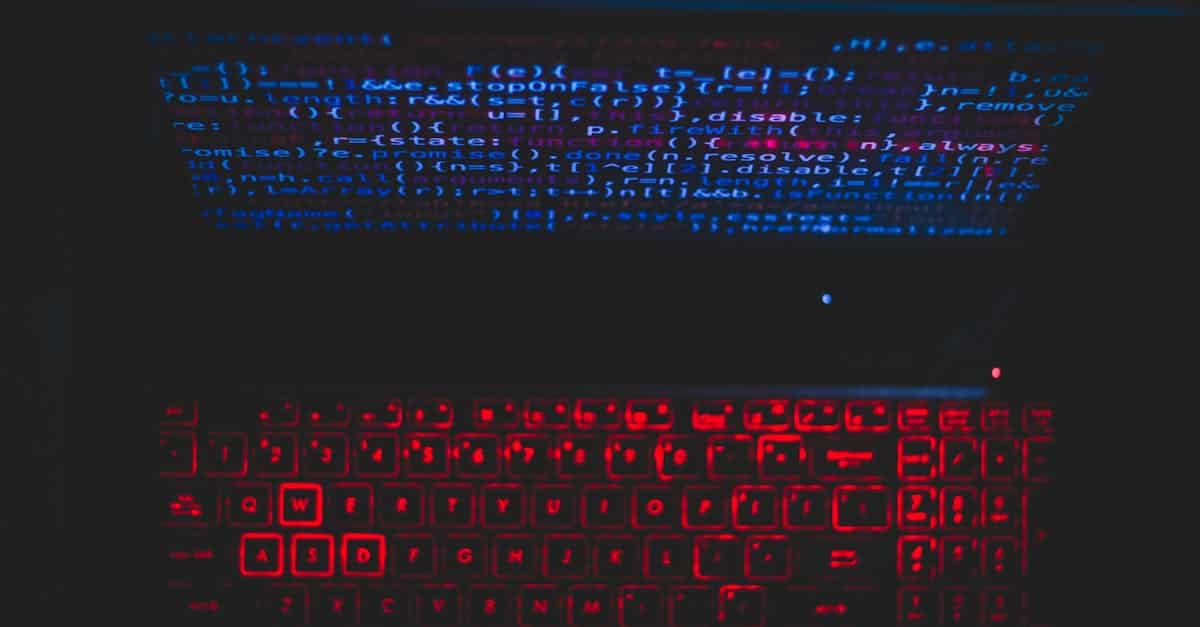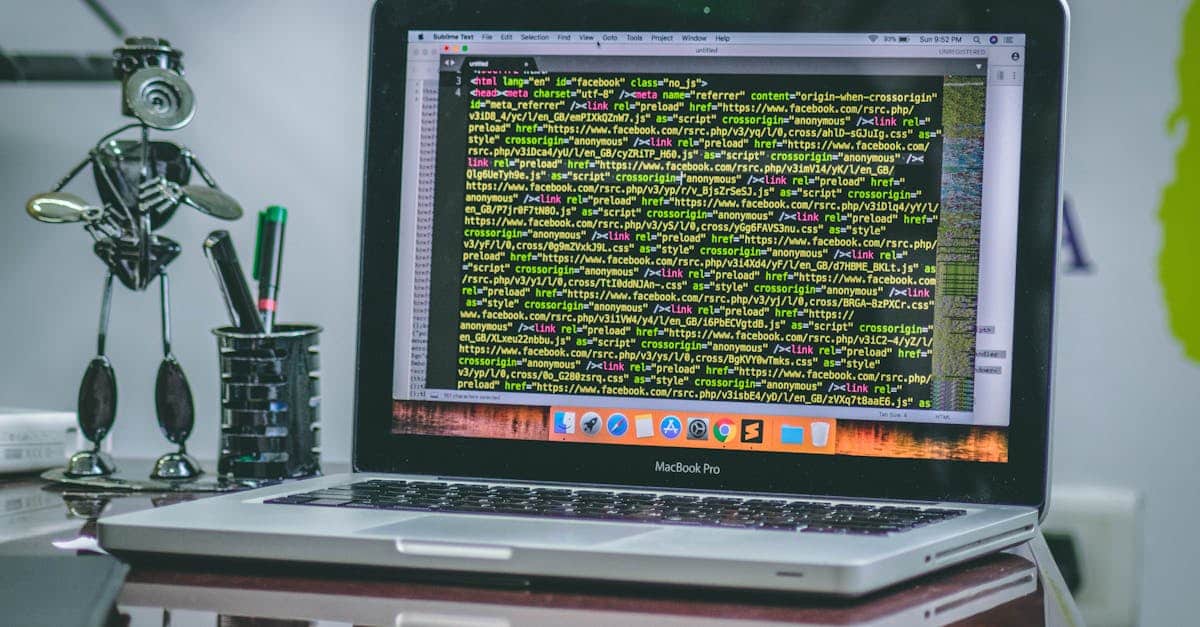Decoding the Versatile Uses of QR Codes Across Diverse Industries

In an increasingly digitalized world, QR codes are revolutionizing the way we consume, exchange and access information across diverse industries. From online shopping to responsible consumption and access to exclusive content, dive into this article to discover how these little pixelated squares are shaping our daily lives today, and creating exceptional new opportunities.
QR codes in the retail sector

What are QR codes and why are they so popular?
QR codes, or Quick Response codes, have taken the retail world by storm. With a smartphone and an Internet connection, consumers can scan these codes to access a wealth of information. The result? A powerful tool for retailers who want to connect with customers in a modern, interactive way. But why is this tool particularly popular? Simple. QR codes transcend the usual boundaries of space and time. Even outside store opening hours, customers can scan a QR code to obtain information, make a reservation or a purchase.
How are QR codes revolutionizing retail?
In the retail sector, QR codes are first and foremost synonymous with efficiency and convenience for the consumer. Here’s how.Instant access to information: Customers can instantly access product information simply by scanning a QR code. This can include details on ingredients, price, consumer reviews and much more.Promotional offers: QR codes can be used to share promotional offers and discounts, encouraging customers to make purchases.Increased level of interaction: QR codes offer a multitude of possibilities for interacting with customers, such as sharing product demonstration videos or offering interactive games.
The future of QR codes in retail
With the constant evolution of technology, the future of QR codes in the retail sector looks very promising. Augmented reality, for example, opens the door to immersive shopping experiences. Imagine scanning a QR code and seeing the product in 3D, being able to manipulate it virtually, or even try it on! From an ecological point of view, the use of QR codes also makes it possible to reduce paper consumption by replacing traditional paper coupons and leaflets. By adopting and integrating QR codes into their strategy, retailers have a unique opportunity to respond to the changing needs of consumers. Ultimately, it’s no longer a question of “if” QR codes will be used in retail, but of “how” they will be used to optimize the customer experience.
The role of QR codes in the food industry

QR codes: a revolution in the food industry
In recent years, the use of QR codes has become widespread in many fields. The food industry is no exception, taking advantage of this technological advance to promote interaction with its customers. The tool is simple, effective and offers a multitude of opportunities for companies in this sector.
QR codes for food traceability
One of the major advantages of using QR codes in the food industry lies in their usefulness for traceability. Thanks to these small square barcodes, it is now possible to know the origin of products, their manufacturing process and the various stages of distribution. Users simply scan the QR code with their smartphone to access all this information. It’s a guarantee of transparency that reassures consumers about the quality of the products they buy.
QR codes to boost food marketing
In addition to product traceability, QR codes also offer considerable marketing opportunities. For example, a company may decide to affix a QR code to a product’s packaging, which, once scanned, redirects the consumer to a recipe video using the product. It’s an innovative, interactive way of promoting products and encouraging consumers to buy.
QR codes and ecology: a winning duo in the food industry
The use of QR codes is also an environmentally-friendly solution compared to traditional advertising media. There’s no need to print flyers or leaflets en masse: a simple QR code fulfills the same role, without generating waste. It’s clear that the use of QR codes in the food industry has many advantages, both for companies and for consumers. Consumers appreciate the transparency and ease of use of this tool, while companies see it as an opportunity to stand out from the crowd and reach their customers in an original and effective way. In short, QR codes are a real revolution for the food industry, and their use should continue to spread in the years to come.
The application of QR codes in the world of tourism

Opening tourism doors with QR codes
If you’re a technology enthusiast, you’ve probably already used a QR code. But have you ever thought about the major impact these two-dimensional codes can have on the world of tourism? Yes, you heard right. QR codes are revolutionizing the way we travel and discover new places.
Explore the world at your fingertips
Imagine being able to get all the detailed information about a historic monument just by scanning a code with your smartphone! That’s the power and ease of using QR codes in tourism: a simple scan is all it takes to obtain historical, geographical or cultural information about monuments, museums or tourist sites. QR codes connect the real world to a wealth of digital information, enriching the traveler’s experience.
More knowledge, more engagement
With QR codes, tourists have access to a wealth of information never seen before. Traditional guided tours can often be perceived as static and limited. QR codes, on the other hand, open the door to total immersion. They enable in-depth exploration of the history and culture of the places visited, making the experience even more exciting and engaging.
The role of QR codes in eco-tourism
More and more of us are aware of the impact of our actions on the environment, including when we travel. QR codes are an excellent way to travel responsibly. Forget paper guidebooks, tourist brochures or information boards. QR codes replace all that, offering a more environmentally-friendly solution. A simple scan and you can access all the information you need, without ever having to print anything out.
The future of tourism lies in QR codes
There’s no doubt that QR codes have a great future in the world of tourism. They are practical, informative and eco-responsible. They make for an enriching, personalized tourism experience. If you’re a connected traveler, QR codes will open the door to a new way of discovering the world. So don’t forget your smartphone for your next trip, and discover the countless wonders that await you with QR codes!
QR codes: a technological innovation for the real estate sector
QR codes and technology: an alliance to revolutionize real estate
In recent years, we’ve witnessed a veritable revolution in the real estate world, thanks in part to the arrival of QR codes. These little black-and-white squares aren’t actually all that new. They first appeared in the 90s, but have never been as widely used and diversified as they are today, making them a very practical way of accessing digital content quickly. A simple scan with a smartphone and the doors to a new property, a property description or contact information for the owner or estate agent open up before you.
The effectiveness of QR codes in the real estate sector
The use of QR codes in the real estate sector means greater responsiveness and efficiency. It’s an invaluable tool for real estate professionals, enabling them to offer an enriched experience to their customers. Thanks to QR codes, they can: – Instantly obtain detailed information on a property, such as surface area, number of rooms, year of construction, etc. – View photos or videos of the property’s interior and exterior – Access contact information to organize a visit.
A technological innovation accessible to all
The use of QR codes in real estate is not only practical for professionals, but also for customers. All you need is a smartphone and an Internet connection to scan the QR code. This ease of use democratizes access to information and facilitates real estate transactions. There’s no need to make an appointment or go out of your way to obtain details about a property. Simply scan the QR code displayed in an agency window or on a property advertisement.
Choosing the QR code means opting for ecology
As well as being a fantastic digital tool, the QR code is also a major ally for the environment. By dematerializing some of the information traditionally printed on paper, it helps reduce our environmental impact. Say goodbye to paper flyers and brochures, and hello to eco-friendly, low-cost QR codes!
The future of real estate lies in QR codes
While the use of QR codes is already widespread today, it heralds the emergence of a new, more digital and connected real estate model. Technological innovation will lead to other similar initiatives, facilitating access to information for all. In this context, QR code technology is positioned not only as a solution to the real estate sector’s current challenges, but also as a precursor to the real estate of tomorrow. In short, the future of real estate is being written today with QR codes. The real estate sector has everything to gain from integrating these tools into its strategy, to offer the best possible experience to its customers and remain competitive in an increasingly digital market.
The impact of QR codes in the healthcare sector
The silent QR code revolution in healthcare
It’s a fact: QR codes have transformed the way we interact with the world around us, particularly in the healthcare field. Originating in Japan, this two-dimensional barcode technology has gained considerable prominence in recent years. But how far-reaching is this revolution? What impact are QR codes really having in the healthcare sector?
Simplifying data accessibility
One of the biggest benefits of QR codes in the healthcare sector is the simplification of data access. These codes give users instant access to the information they need: – Personal information: QR codes enable you to quickly access a person’s medical information in the event of an emergency – Drug information : A QR code printed on a medicine box facilitates access to vital information such as expiry date, instructions for use or possible side effects. – Preventive information: QR codes can direct patients to websites providing valuable information on particular diseases or preventive measures to adopt.
Efficiency gains for healthcare professionals
For healthcare professionals, using QR codes means saving time and increasing efficiency. Digitized medical records and patient information can be stored in the form of QR codes. This enables faster, more efficient management, avoiding errors due to misinterpretation of handwriting or incorrect data entry.
Technology at the service of telemedicine
In these times of pandemics, the importance of QR codes in the healthcare sector has been reinforced by the development of telemedicine. QR codes have enabled patients to consult a doctor remotely, without having to be physically present in hospitals or clinics. They have also facilitated remote monitoring, enabling patients to send their health information to their doctors simply by scanning a QR code.
Better communication between patients and healthcare professionals
QR codes enable better communication between patients and healthcare professionals. For example, one study showed that when patients were able to scan a QR code to access personalized information about their pathology, their satisfaction with their treatment improved. In conclusion, the impact of QR codes in the healthcare field is undeniable, and will continue to grow in the years to come. They represent a major advance in optimizing access to healthcare information, for patients and professionals alike. This technological evolution is a veritable silent revolution, and promises a future full of potential for the healthcare sector.
A crucial advance for vaccination monitoring
Finally, it’s essential to mention the importance of QR codes in vaccination monitoring. With the advent of Covid-19 vaccines, QR codes have found a crucial new use: storing proof of vaccination. By scanning a simple code, individuals can prove their vaccination status, facilitating the deployment of digital health passports.
Comments
Leave a comment